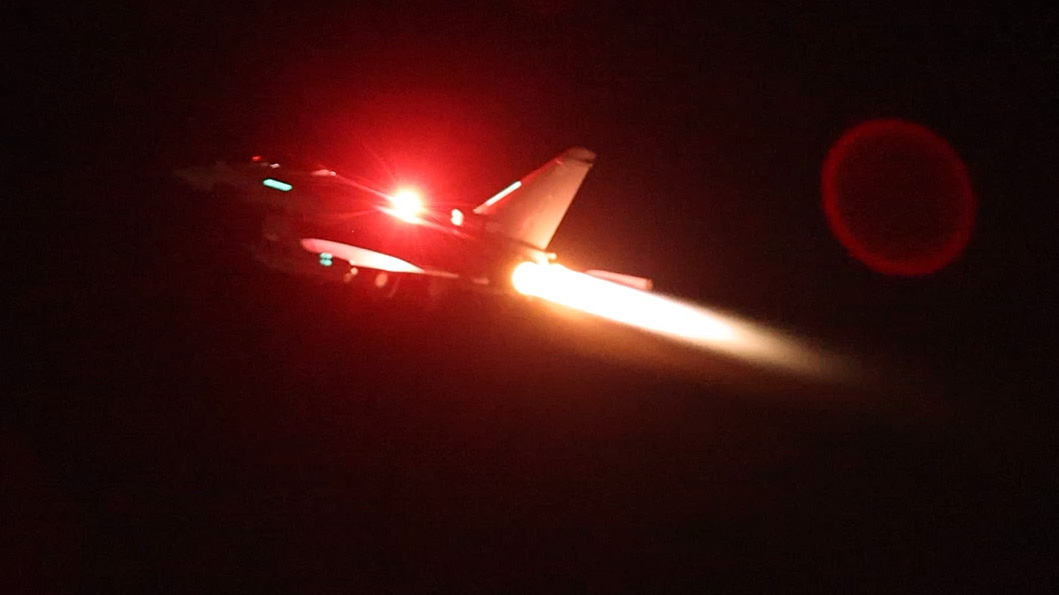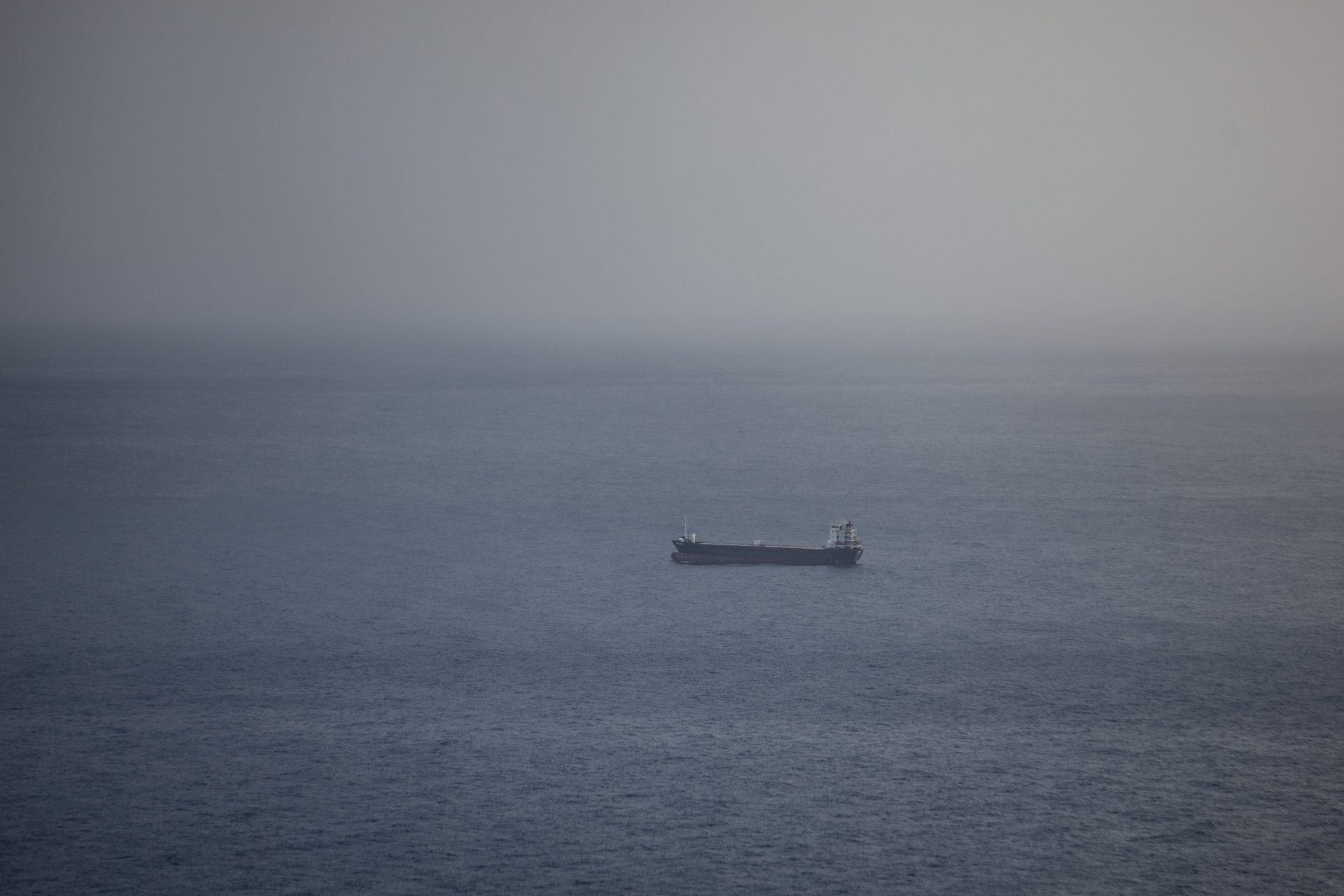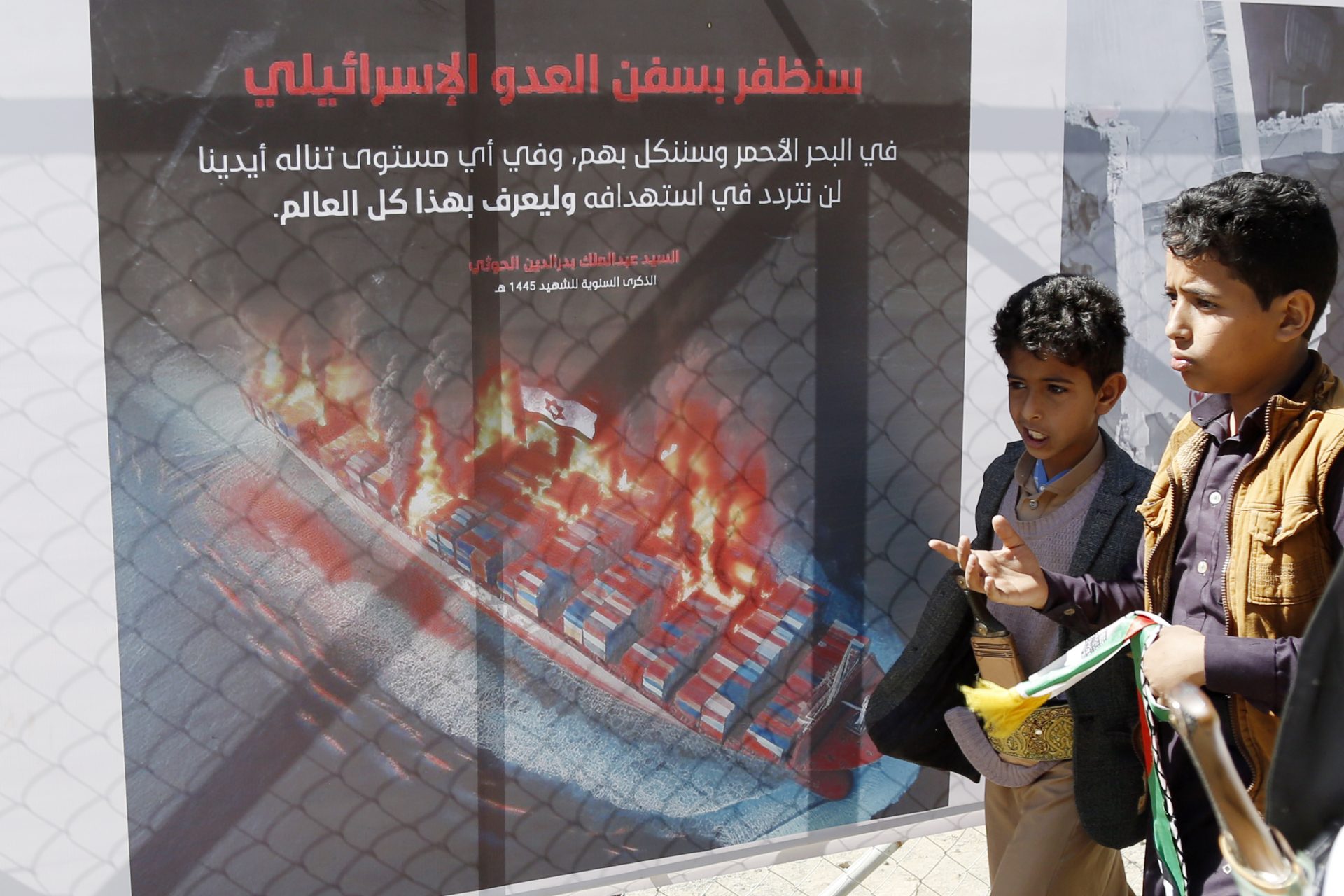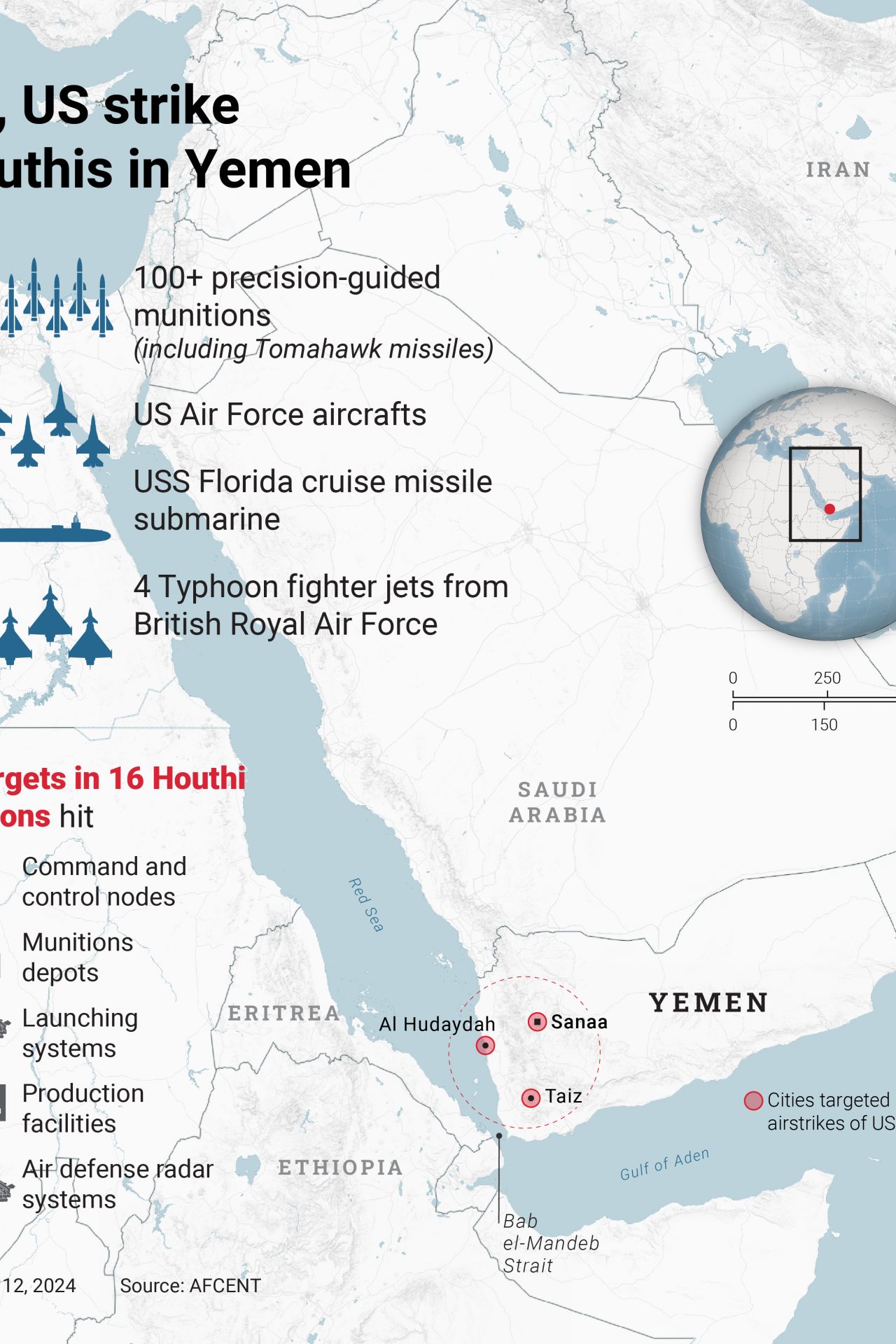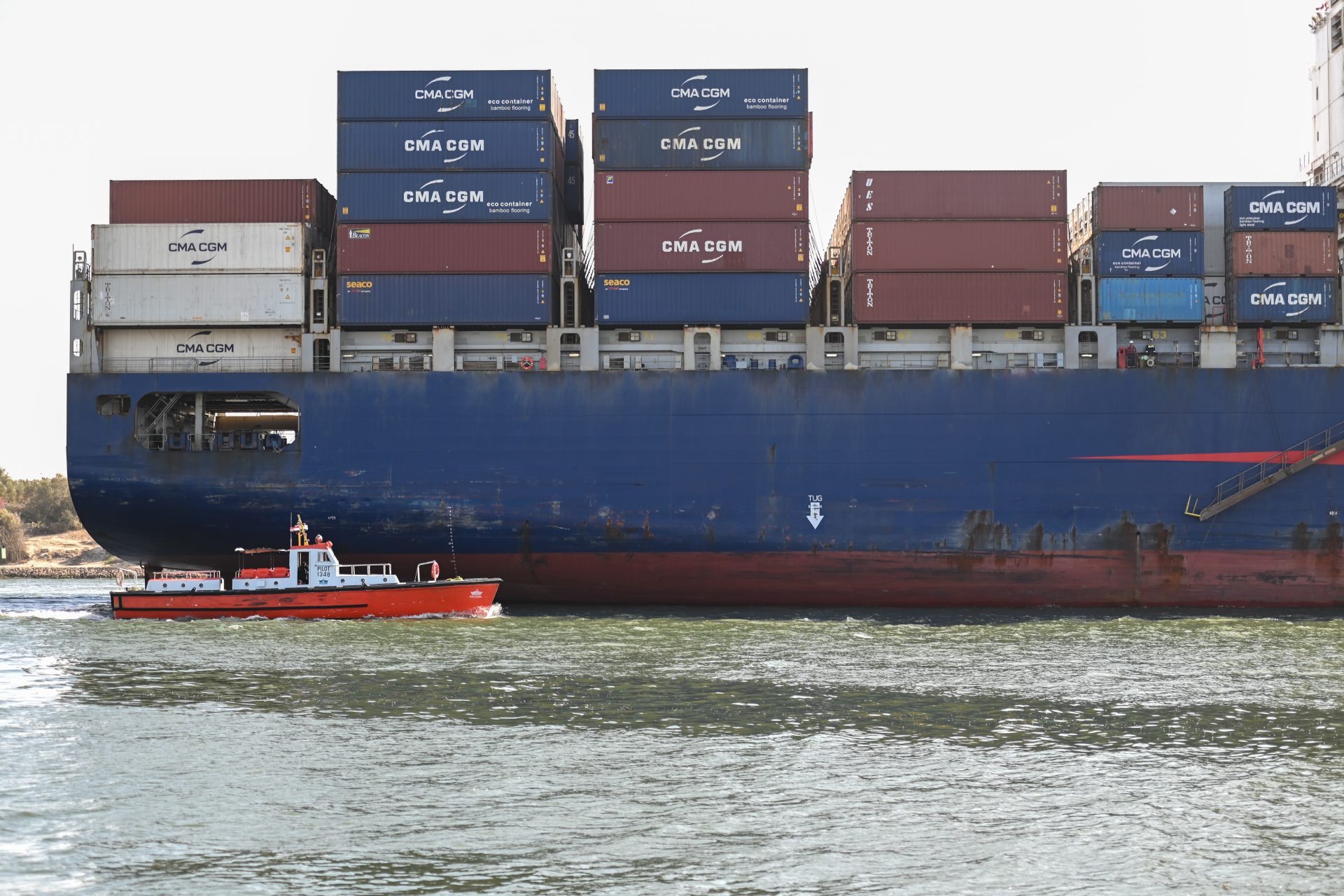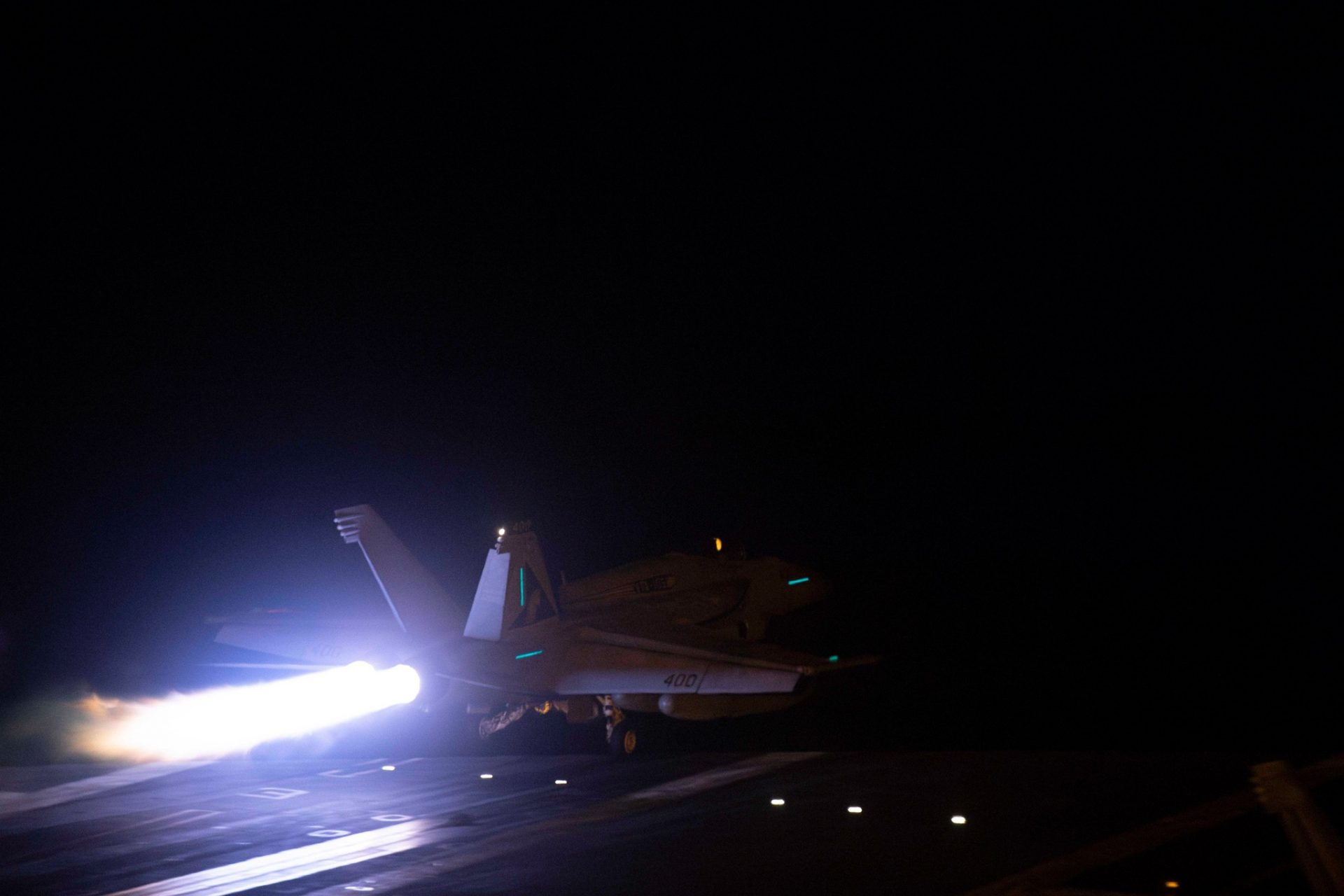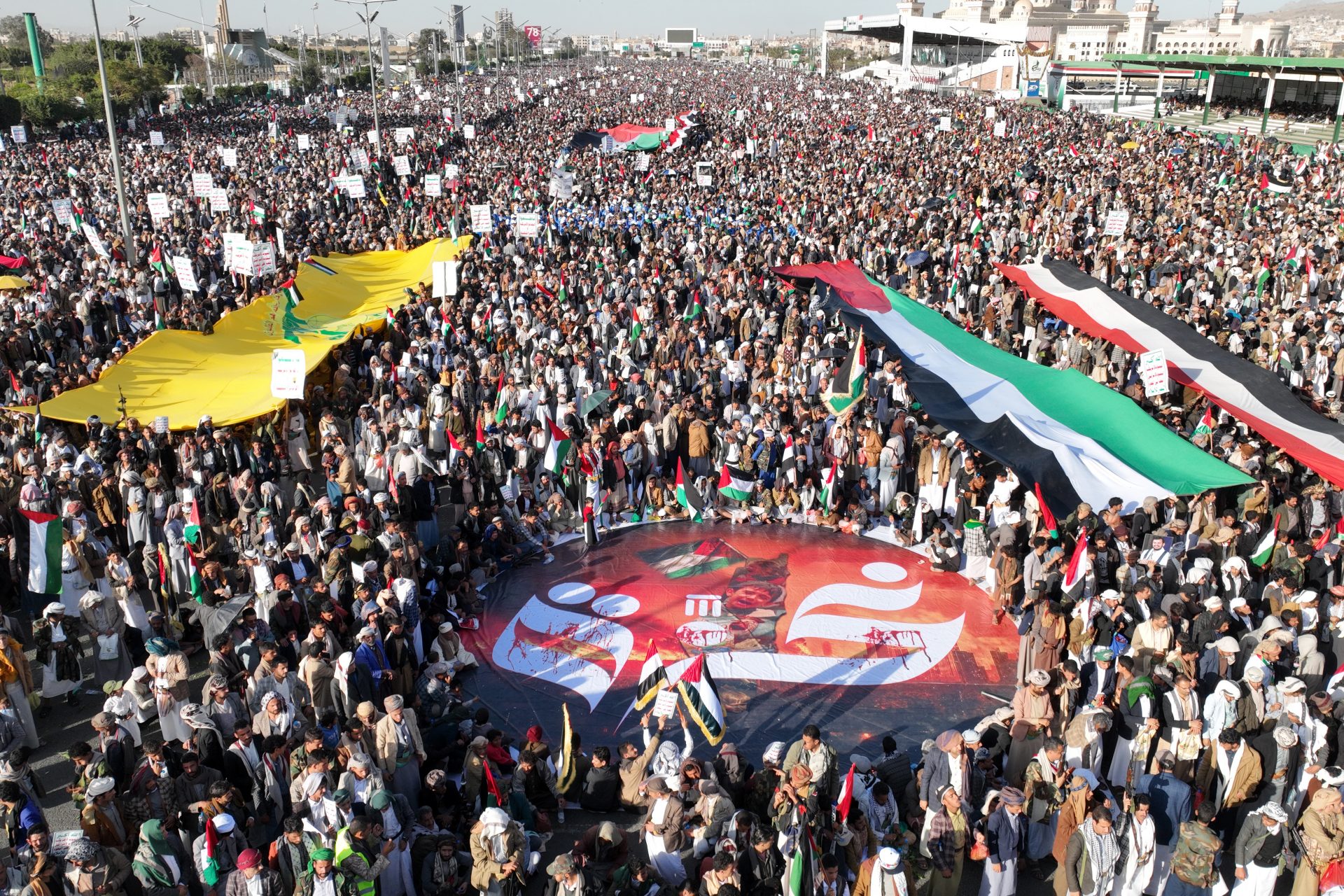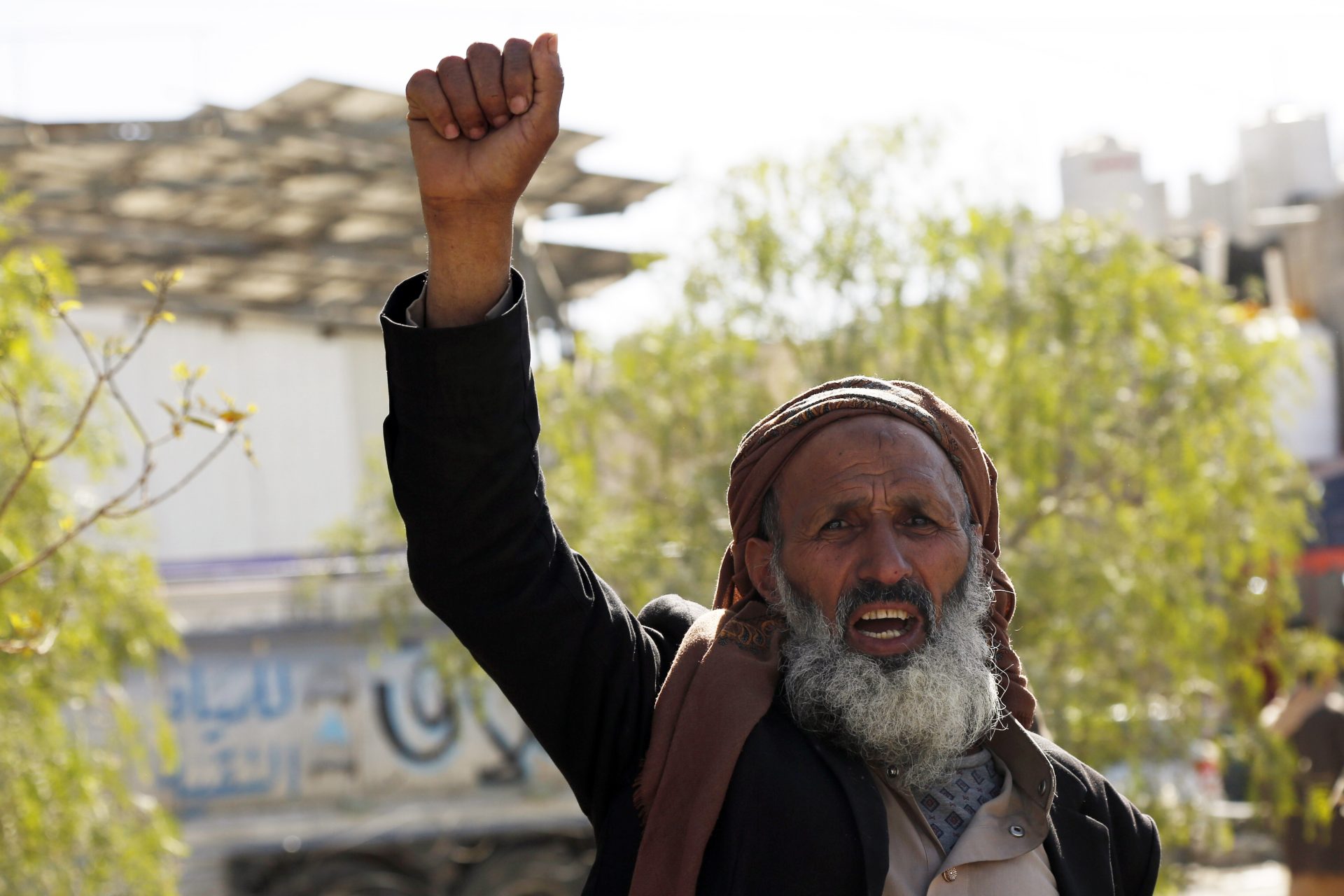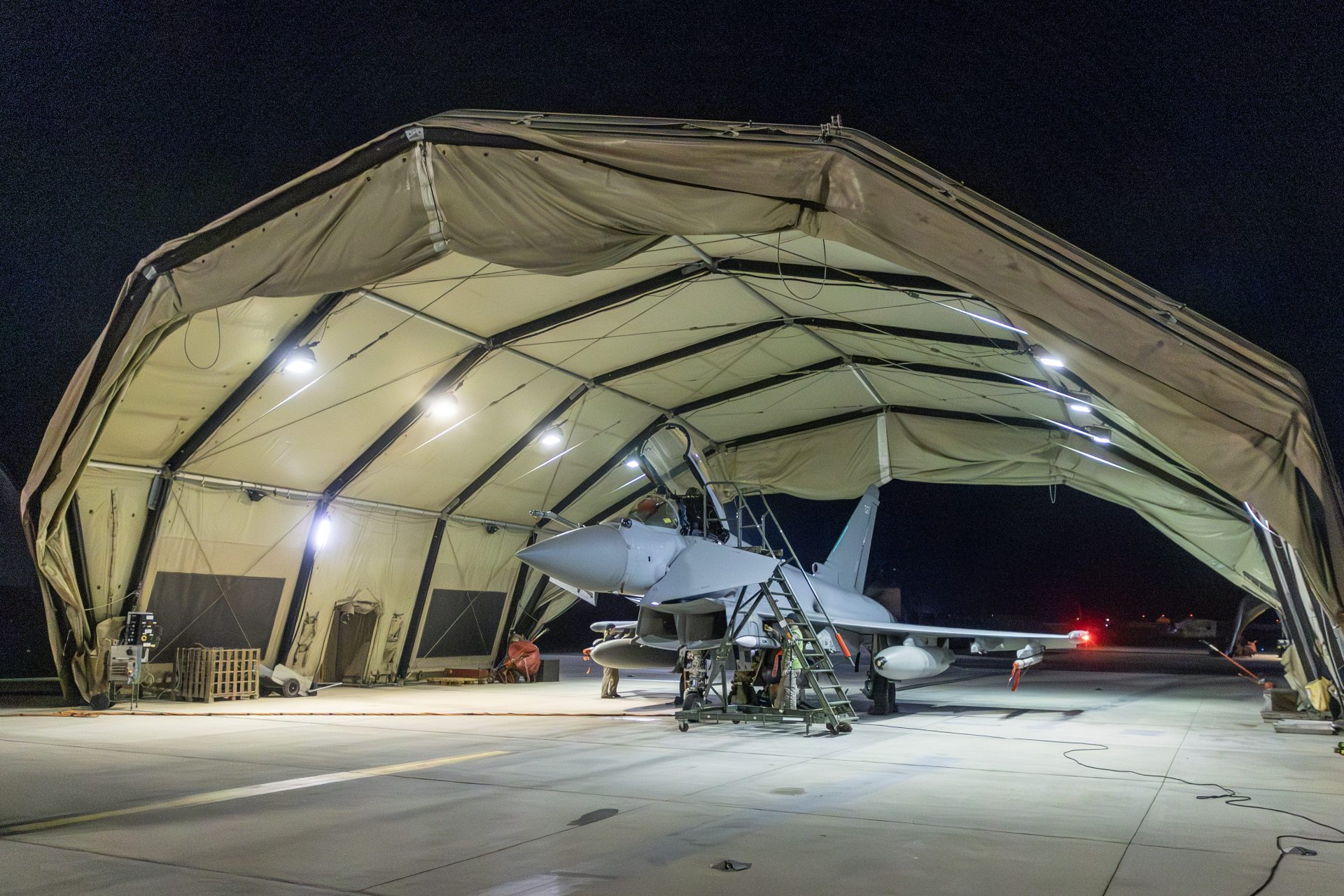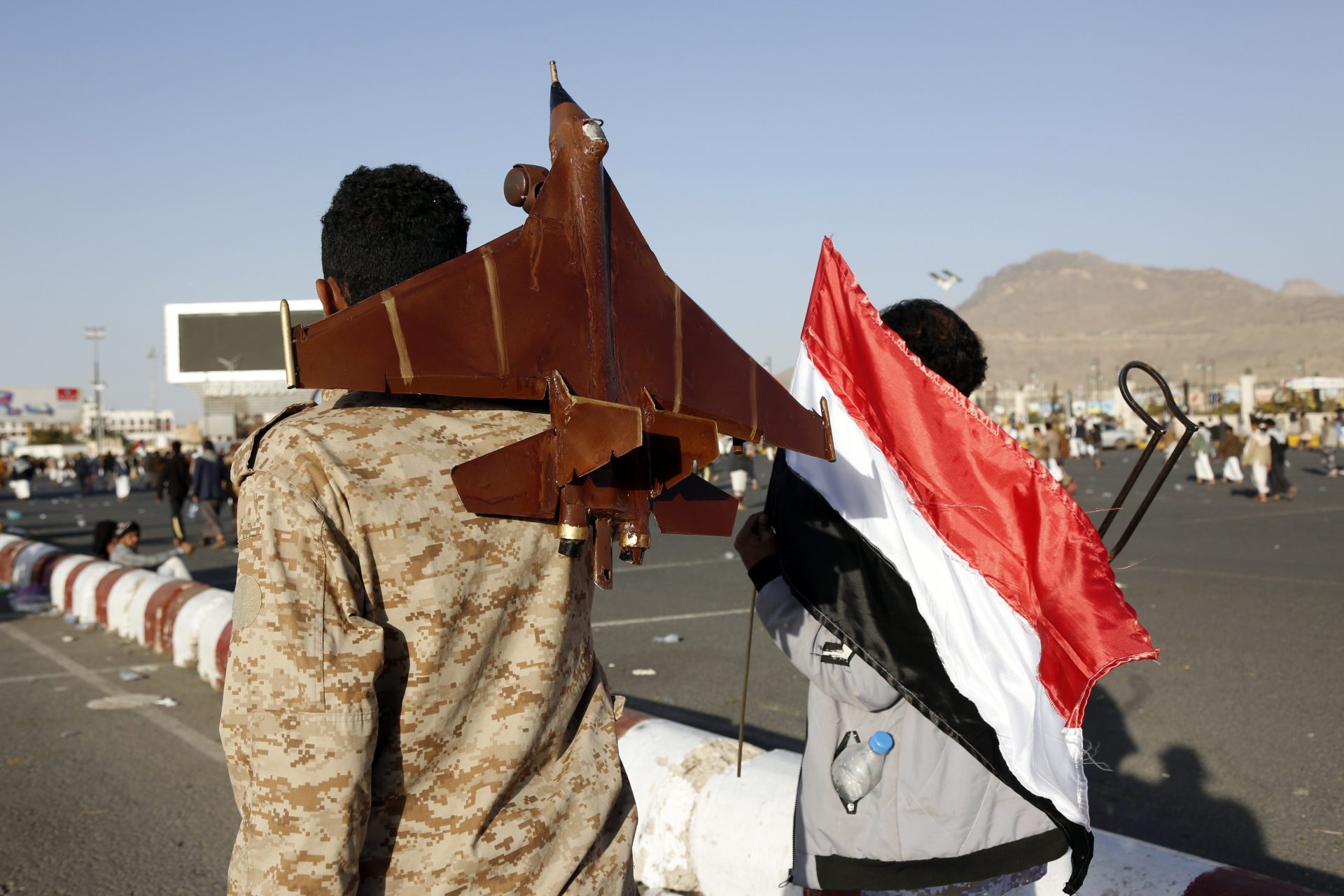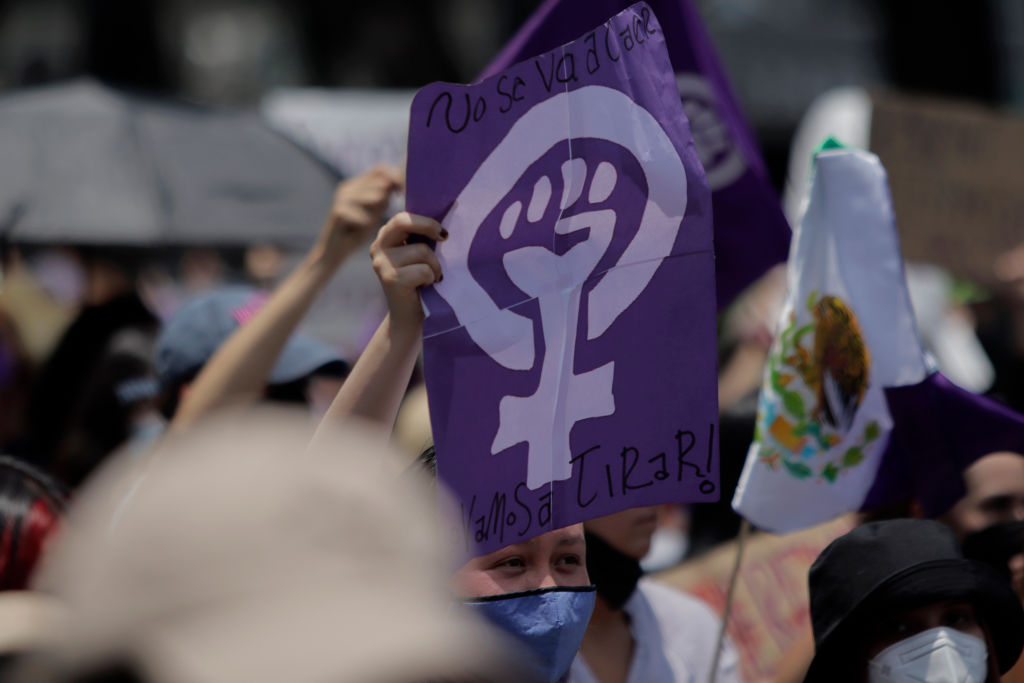Is the U.S. walking into a war with Iran?
Worries of a larger war continue to grow as the United States military hit new targets in Yemen for a third time on January 16. As reported by CNN, the US hit anti-ship ballistic missiles in Houthi-controlled territory after a missile hit a Greek ship on the Red Sea.
Previously on January 11th, the United States along with the United Kingdom launched a series of devastating airstrikes against the Iranian-backed Houthi rebel group in Yemen. But were these strikes necessary and could they lead to war?
Before you can understand why the Houthis were attacked by the US and its allies, it’s important to know who the Houthis are and what they did to prompt military strikes from Western countries including assistance from Britain, Australia, and Canada.
The Houthis are an armed sub-sect of Yemen’s Shia Muslim minority that are backed by Iran and have been struggling for control of Yemen since 2014 according to BBC News. However, the group's origins date back to the 1990s.
The Houthis vowed support to those being attacked by the west in the Middle East following the violent attacks at the beginning of October that lead to the war.
Ballistic missile and drone strikes on commercial vessels traveling through the Red Sea became common and BBC News noted attacks in the area rose roughly 500% between November and December, which prompted Western pushback.
“The threat has become so great that major shipping companies have ceased sailing in the region and insurance costs have risen 10-fold since early December,” explained the BBC. This threatened the world economy.
Shipping companies like the Mediterranean Shipping Company, Maersk, and Hapag-Lloyd while oil companies like BP began diverting their vessels away from the Red Sea, which was a big problem since the route makes up 15% of global trade.
The attacks also caused a massive surge in global shipping prices according to Axios, which reported on January 5th that spot rates for shipping to Asia and Northern Europe had risen by 173% while North American rates had jumped 52%.
In December, Washington accused Iran of being “deeply involved” in the Houthi attacks on commercial shipping in the Red Sea, which prompted fears that the situation would boil over if steps were taken to stop the rebel group's attacks.
"We know that Iran was deeply involved in planning the operations against commercial vessels in the Red Sea," explained National Security Council spokeswoman Adrienne Watson according to a report from CBS News at the time.
The situation finally reached a crisis point and Joe Biden ordered airstrikes on January 11 in response to what he said was “in direct response to unprecedented Houthi attacks against international maritime vessels in the Red Sea” according to CNN.
“U.S. military forces—together with the United Kingdom and with support from Australia, Bahrain, Canada, and the Netherlands—successfully conducted strikes against a number of targets in Yemen used by Houthi rebels to endanger freedom of navigation in one of the world’s most vital waterways,” Biden said in a statement.
Whether or not the air strikes were able to degrade the Houthis ability to strike shipping in the Red Sea is up for debate. The New York Times reported on January 14th that the rebel group’s capabilities to attack shipping were still largely intact.
Iran condemned the US-British strikes against the Houthis, claiming that they would fuel “insecurity and instability” in the region according to Reuters, which reported that Iranian spokesperson Nasser Kanaani said the attacks were a breach of international law.
A second round of strikes were carried out on January 12th in what was described as a “follow-on action on a specific military target” according to a statement posted to the US Central Command’s Twitter account.
Photo Credit: Wiki Commons By U.S. Air Force photo
"This new strike will have a firm, strong and effective response," Houthi spokesperson Nasruldeen Amer told Al Jazeera according to Reuters before adding that the strike had not resulted in any injuries or any "material damages."
Despite the overwhelming power of the United States and its allies, Houthi retaliation is likely to follow according to former British Defence Secretary Sir Malcolm Rifkind. “The Houthis will want to prove ‘we cannot be deterred,'” he told The Independent.
“So I will be very surprised if there’s not at least one further incident. It might not even be immediate, it might be in a week’s time or 10 days. Or it might be in the next 48 hours. When it does happen there will be a further American strike,” Rifkind added.
Photo Credit: Wiki Commons By U.S. Navy photo
What will happen next is still unknown, and so too is how Iran will respond if things continue to escalate between the United States and Houthis in Yemen. The situation could draw the whole region into war depending on how Iran reacts.
President Biden sent a “private message” to Iran amid the air strikes against the Houthis letting the Iranians know the United States was “confident” and “well-prepared,” though no other details were provided according to BBC News.
Iran denies any involvement in the attacks that have taken place in the Red Sea but the tensions in the region are now so high that it is difficult to see how they might deescalate if the Houthis make good on their vows of revenge.
More for you
Top Stories



